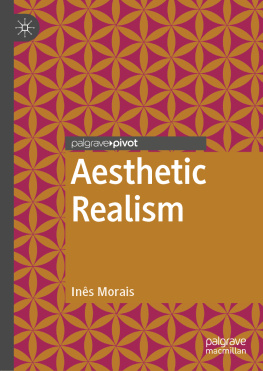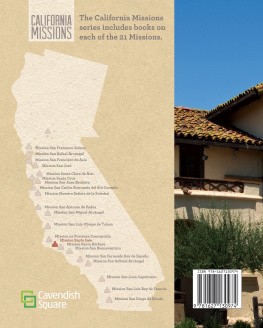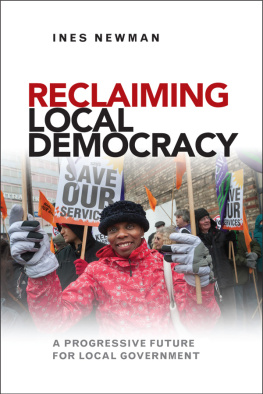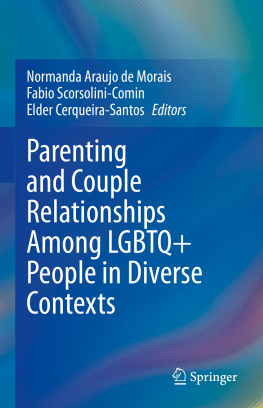Inês Morais - Aesthetic realism
Here you can read online Inês Morais - Aesthetic realism full text of the book (entire story) in english for free. Download pdf and epub, get meaning, cover and reviews about this ebook. year: 2019, publisher: Palgrave, genre: Romance novel. Description of the work, (preface) as well as reviews are available. Best literature library LitArk.com created for fans of good reading and offers a wide selection of genres:
Romance novel
Science fiction
Adventure
Detective
Science
History
Home and family
Prose
Art
Politics
Computer
Non-fiction
Religion
Business
Children
Humor
Choose a favorite category and find really read worthwhile books. Enjoy immersion in the world of imagination, feel the emotions of the characters or learn something new for yourself, make an fascinating discovery.
- Book:Aesthetic realism
- Author:
- Publisher:Palgrave
- Genre:
- Year:2019
- Rating:3 / 5
- Favourites:Add to favourites
- Your mark:
- 60
- 1
- 2
- 3
- 4
- 5
Aesthetic realism: summary, description and annotation
We offer to read an annotation, description, summary or preface (depends on what the author of the book "Aesthetic realism" wrote himself). If you haven't found the necessary information about the book — write in the comments, we will try to find it.
Aesthetic realism — read online for free the complete book (whole text) full work
Below is the text of the book, divided by pages. System saving the place of the last page read, allows you to conveniently read the book "Aesthetic realism" online for free, without having to search again every time where you left off. Put a bookmark, and you can go to the page where you finished reading at any time.
Font size:
Interval:
Bookmark:
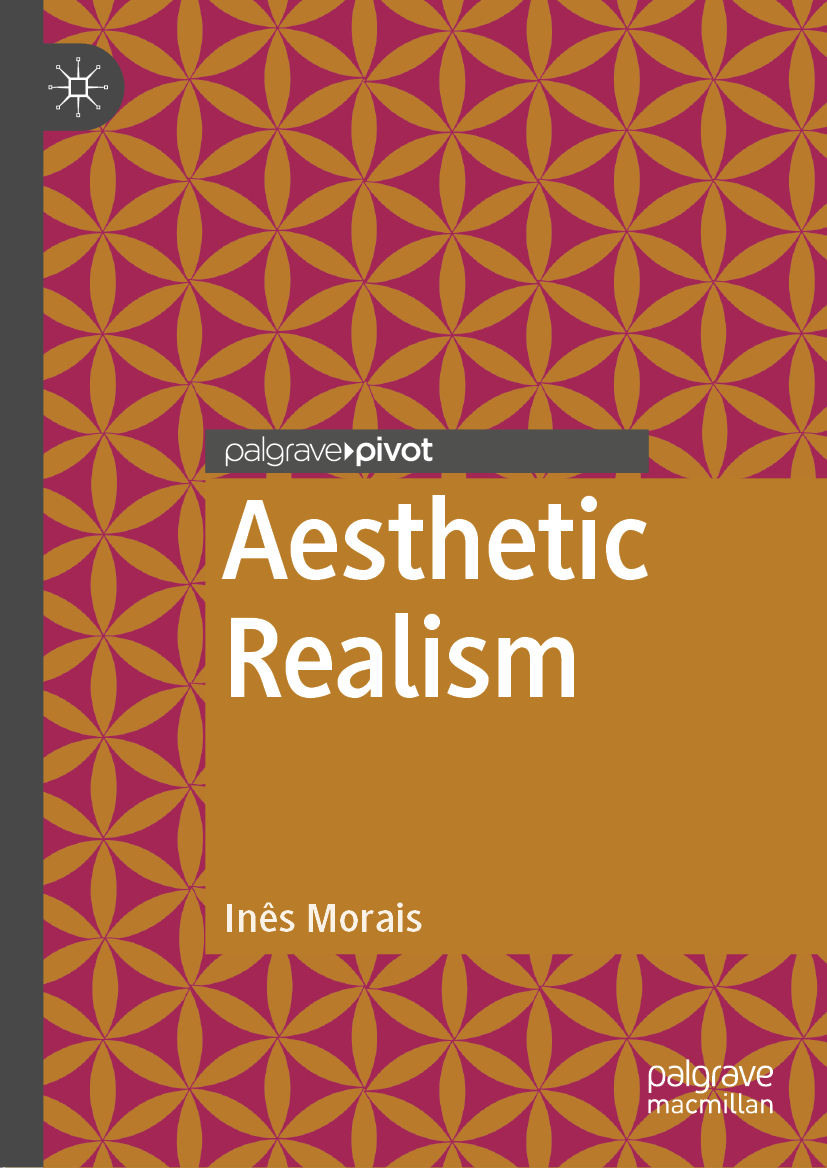
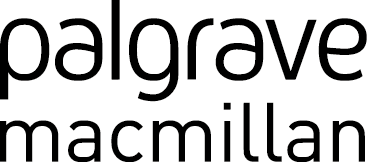
Cover illustration: Melisa Hasan
This Palgrave Pivot imprint is published by the registered company Springer Nature Switzerland AG
The registered company address is: Gewerbestrasse 11, 6330 Cham, Switzerland
Ins Morais writes a fluent, elegant prose, has a tough-minded and analytical approach to texts and issues at hand, and is clear and soberly assertive.
Antnio M. Feij, Professor of Literary Theory, University of Lisbon
This book is a timely addition to the growing discussion about aesthetic realism and the many ramifications this debate has for philosophical aesthetics in general. In this thought-provoking contribution, we hear a strong and interesting voice which will no doubt shape the scholarly discussion for some time to come.
Elisabeth Schellekens, Professor of Aesthetics, Uppsala University
This book is the result of my research at the University of London (20042006), at the University of Manchester (20062007), and at the University of Lisbon (20072009), as well as at the University of Maryland (USA) in September 2004. As the ancient Romans would recommend, I did not rush to publish it. Although there were issues of detail that I had to improve ten years later, the main project remains, to my mind, valid and necessary: to defend a consideration of aesthetic properties (including beauty) as genuine properties of things such as works of art. When we ascribe balance, delicacy, elegance, or beauty to a work, we are not talking about our reactions, we are talking about objective features which inspire reactions. It is this focus on the object (on objectivity) that this study intends to emphasize. And the emphasis is needed because much has been written in the opposite direction, as if the aesthetic properties were really in the eyes of the beholder.
I could have chosen to consider natural beauty and natural aesthetics, but that was not my concern. I restricted my attention to the aesthetic properties and the beauty of works of art, as considering natural beauty would be the subject for yet another book. I am interested here in the beauty created by artists, that is, the beauty or aesthetic value artists add to reality.
I was influenced by several people in readings and discussion, and some of them have commented on my work. I would like to thank, in particular, Chris Daly, Julian Dodd, Antnio M. Feij, Maria de Lourdes Ferraz, Stacie Friend, (the late) Peter Goldie, Peter Lamarque, Jerrold Levinson, David Liggins, Fraser MacBride, Anna Christina Ribeiro, Pedro Santos, Elisabeth Schellekens, and Miguel Tamen. I also thank two anonymous referees for comments and suggestions that improved the book.
My main research was funded by Fundao para a Cincia e Tecnologia [SFRH/BD/12682/2003] and I gratefully acknowledge FCTs support to my work. My one-month research at the University of Maryland was generously funded by Fundao Luso-Americana para o Desenvolvimento [Proj. R.VII-318/2004].
This book is dedicated to the memory of my parents, Maria do Cu Morais and Antnio Carlos Morais, and to my son, Tam.
This chapter describes the realism/anti-realism debate, first in general (concerning realism about the external world), then more specifically, concerning aesthetics and the philosophy of art (including the philosophy of literature). My aims are twofold. Firstly, I aim to introduce the discussion of aesthetic realism. Secondly, I aim to counteract scepticism about the very significance of the ontological debate by doing what the sceptic claims to be impossible, namely providing a description of the issue which is acceptable to both realists and anti-realists about the aesthetic. Aesthetic realism and anti-realism are briefly characterized.
Realism is here meant to be a thesis about (some portion of) the world and our sensitivity to it, as opposed to a thesis about language and our use of it. In general, realism is the claim that something exists objectively, that is, its being is independent of what particular people think. Whether cats, daisies, volcanoes, dinosaurs, centaurs, colours, justice, beauty , or any supreme being exist is, according to realism , independent of what people think, that is, the realist admits the possibility that, always or at some point in time, we may all be wrong about what exists. Anti-realism about an alleged entity is the rejection of realism about that entity.
Given that the realism/anti-realism debate has been understood in various ways, it is important to first clarify, as possible, what will be at issue here. My aim in this chapter is to arrive at a characterization of the debate that both realists and their opponents can accept. By doing so I also aim to dismiss scepticism concerning the very significance and worth of the debate between aesthetic realism and anti-realism . I begin by briefly characterizing the general debate concerning common-sense realism about the external world, in order to see what light this can throw on the local debate in aesthetics and the philosophy of art (including the philosophy of literature) with which this study is concerned.
Realism [is] a claim about what entities exist and a claim about their independent nature. (Devitt 1984, 14)
Font size:
Interval:
Bookmark:
Similar books «Aesthetic realism»
Look at similar books to Aesthetic realism. We have selected literature similar in name and meaning in the hope of providing readers with more options to find new, interesting, not yet read works.
Discussion, reviews of the book Aesthetic realism and just readers' own opinions. Leave your comments, write what you think about the work, its meaning or the main characters. Specify what exactly you liked and what you didn't like, and why you think so.

